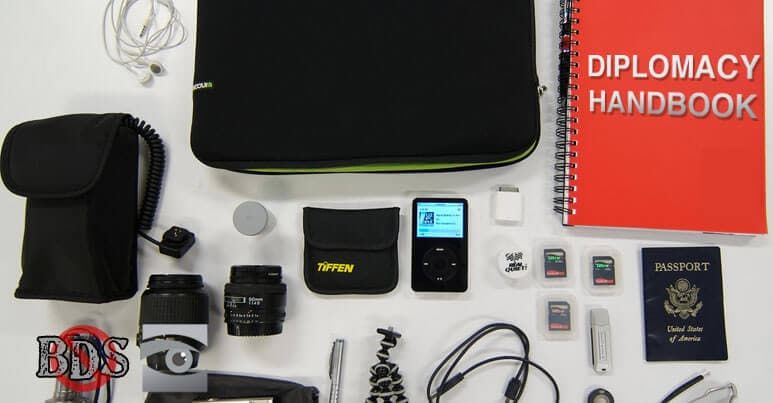 One of the most authoritative sources on BDS news and analysis is the monthly BDS Monitor report published by the Scholars for Peace in the Middle East (SPME). The latest edition looks at the trends that emerged throughout the month of March, most notably the use of boycott threats against Israel in the sphere of diplomacy.
One of the most authoritative sources on BDS news and analysis is the monthly BDS Monitor report published by the Scholars for Peace in the Middle East (SPME). The latest edition looks at the trends that emerged throughout the month of March, most notably the use of boycott threats against Israel in the sphere of diplomacy.
The report notes that President Barack Obama made an apparent allusion to the potential increase in BDS-style pressure on Israel if peace talks collapse. America’s “ability to manage international fallout is going to be limited,” he told journalist Jeffrey Goldberg.
Join the Fighting BDS Facebook page and take a stand against the delegitimization of Israel.
At the same time, Catherine Ashton, the EU’s High Representative for Foreign Affairs and Security Policy, touted the “huge opportunities in trade, research, innovation that will benefit both Israel and the Palestinians” if an agreement is signed.
Obama’s and Ashton’s comments demonstrate the manner that BDS has been linked to the current round of Israeli-Palestinian negotiations; it is used as a threat which is then partially disavowed by the US, and used in conjunction with unspecified benefits by the EU, that is accompanied by funding of NGOs that support BDS. Some observers expect the spread of informal boycotts by European firms if negotiations fail.
If the current negotiations collapse, as most observers expect, and as has already been telegraphed by Palestinian and Arab League leaders, the Palestinian moves are already clear. Fatah Party and Palestinian Authority (PA) leader Nabil Shaath stated that the PA would seek a full South African style boycott of Israel by international institutions as well as bringing cases to the International Criminal Court and International Court of Justice.
A South Africa style boycott, however, will be hard for the Palestinians to implement, at least as far as their own territories are concerned. Reports show that Israeli imports to the Palestinian territories are going up, not down. And if the Palestinians themselves do not lead the boycott, many others might think twice about it as well.
Image: CC BY-NC-SA flickr/Steve Lyon

